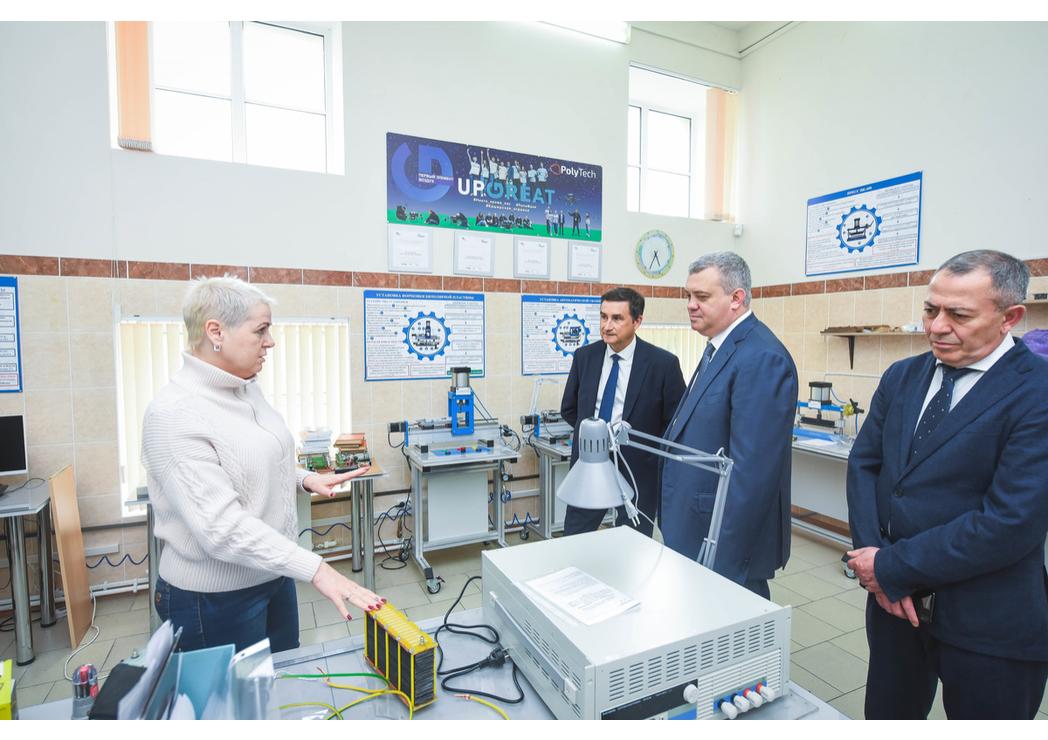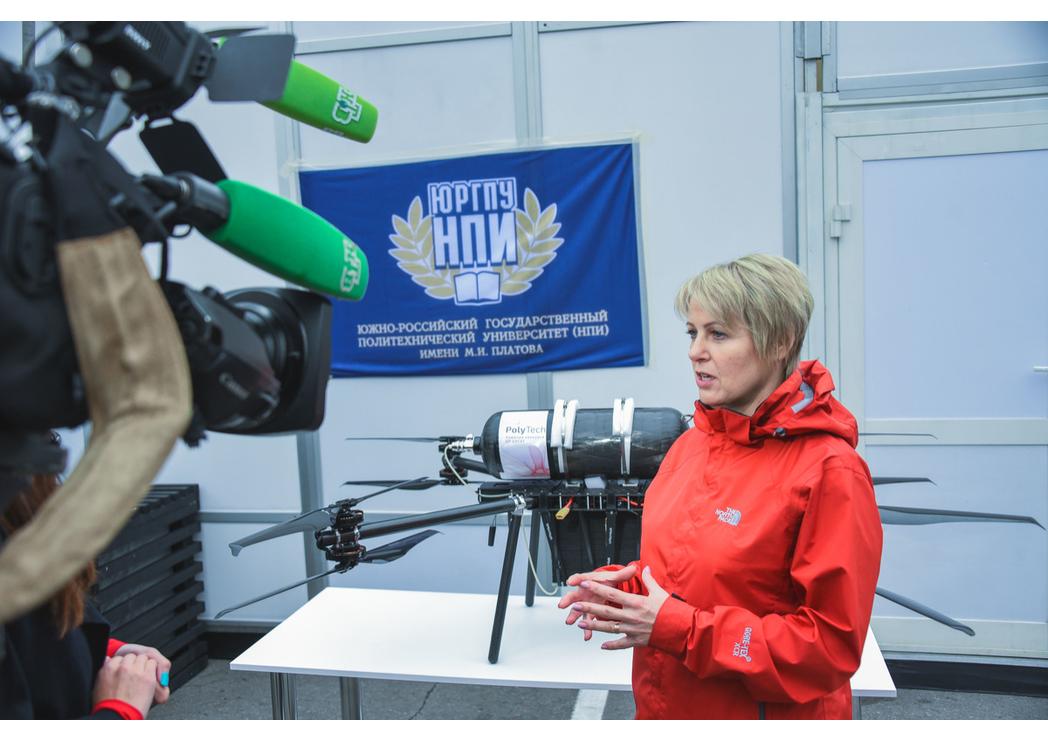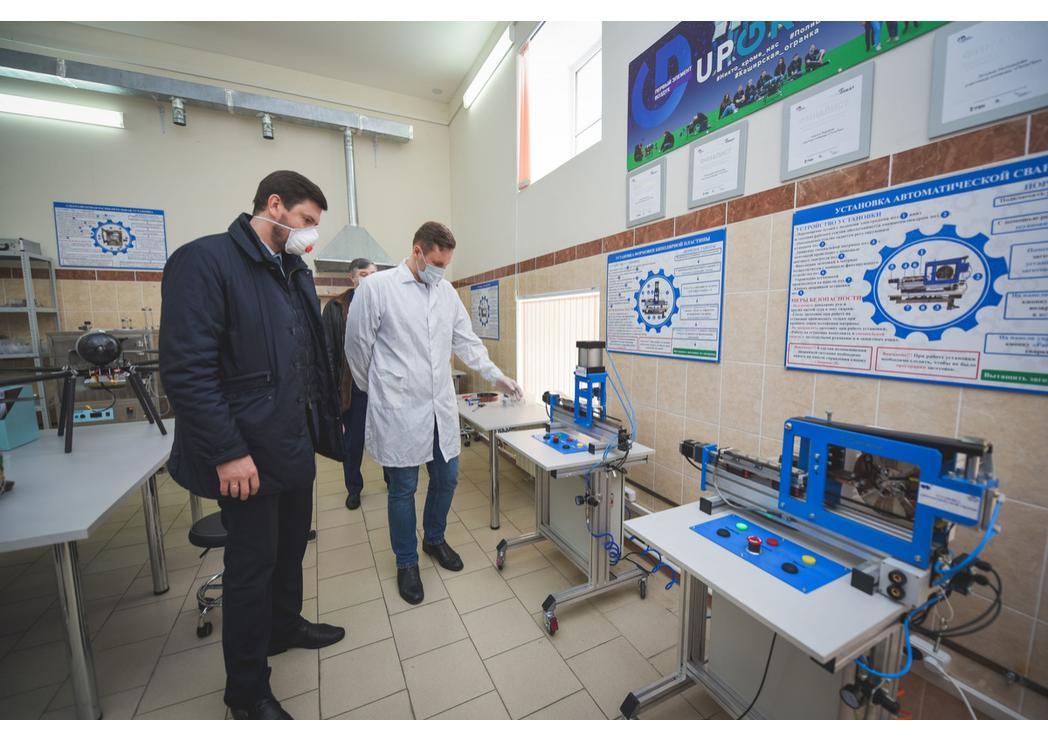The consortium was established in Russia in November 2020 on the initiative of universities together with the Russian Academy of Sciences with the support of executive authorities and industrial companies. Its founders and first participants were the Institute of Problems of Chemical Physics of the Russian Academy of Sciences, Institute of Catalysis SB RAS, Institute of Petrochemical Synthesis RAS, Tomsk Polytechnic University, Sakhalin State University, Samara State Technical University. To date, the consortium includes about 40 participants, including two dozen industrial partners.
And so, a decision was made to replenish the ranks of the organization. At the meeting of the Consortium's Coordinating Council on June 3, six Russian universities conducting research in the field of hydrogen technologies and five domestic companies were admitted to it. Novocherkassk Polytechnic University is among the newcomers.
- We are very pleased that the list of consortium members is being replenished by serious players. All new participants have an impressive foundation in various areas of hydrogen technologies, they will definitely enhance the synergetic effect of our consortium," said the Acting Rector of TPU, co—chairman of the consortium's Coordinating Council, commenting on the changes in the composition. Andrey Yakovlev. — Together with other participants, they will also join working groups to overcome technological barriers that currently hinder the development of hydrogen energy in the country and the market of hydrogen technologies. Based on the results of communication with companies, the consortium participants identified five major areas of such technological barriers.
The consortium members face the task of overcoming technological barriers in the following areas: hydrogen production, purification, storage and transportation, hydrogen use, hydrogen fuel cells and related areas affecting the value chain. Polytechnics have something to offer their consortium colleagues right now. Our scientists are actively working on the creation of a hydrogen engine and fuel cells for it. A laboratory has already been created at the university, which has developed a bipolar plate for solid polymer fuel cells designed for power supply of unmanned aircraft. Our scientists have created an experimental sample of a technological line for manufacturing plates for fuel cells, which has successfully passed tests, an energy-efficient voltage converter that provides optimal operating modes of the power plant, and also conducted a number of tests and tests.
The work in the consortium will bring this area of research of the YURSPU (NPI) to a new level, and the contribution of polytechnics to the overall work will certainly be valuable and promising.



